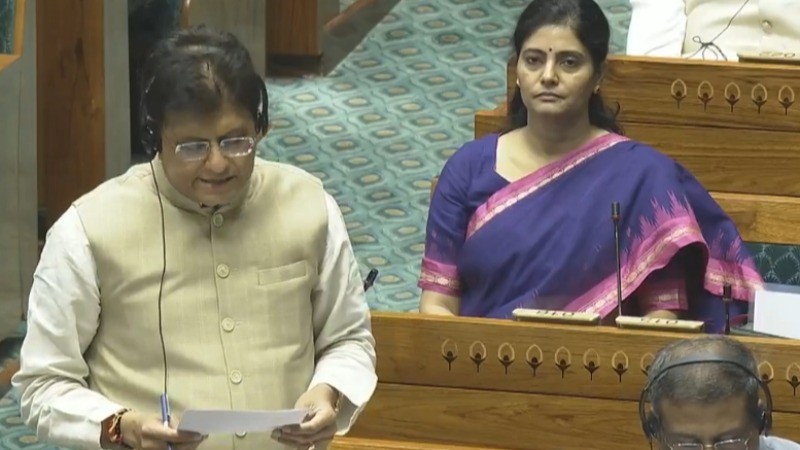
The Government on Monday introduced the Jan Vishwas (Amendment of Provisions) Bill, 2025, in the Lok Sabha, decriminalising 288 provisions related to minor offences under various central laws, thereby expanding its agenda of ease of living and doing business.
In some cases, the Government proposes introducing "improvement notices" for first-time violators, replacing fines with penalties and providing violators with an opportunity to rectify their non-compliance.
Union Commerce and Industry Minister Piyush Goyal, while introducing the bill in Lok Sabha, said that the bill will enhance trust-based governance for ease of doing business. The bill was then referred to the Lok Sabha's select committee, which will review and scrutinise it, later submitting its report on the opening day of the next session of the Parliament. The committee members will be chosen by the Lok Sabha speaker.
With the new bill, a total of 355 provisions across 16 Central Acts covering 10 ministries and departments will be simplified, with 288 provisions decriminalised, and 67 amended. And, instead of the term "offence", it will use "contraventions", with an opportunity for the violators to mend their ways. However, penalties will be rationalised for repeated violations.
The bill marks a shift from the "penalise on first detection" approach to the "warning-correct penalise" model, so that the violator complies voluntarily. The penalties are hiked for second-time violations, and subsequently (a 10% increase every three years), in several cases. A senior official stated, "This is another step in the Government's commitment to reducing compliance burden and ensuring a more business-friendly environment."
The proposed bill will amend provisions across various sectors such as agriculture export, industry, electricity, transport, municipal services, textile, and coir. According to the bill, it is the fear of imprisonment for minor offences is a "major factor" that hampers the business ecosystem and individual confidence.
The Jan Vishwas Act, 2023, decriminalised 183 provisions in 42 Central Acts. With the 2025 amendment provisions, the bill has introduced advisories or warnings as possible measures for the first-time violations (across 76 cases), replaced imprisonment clauses for minor, technical, or procedural defaults, along with monetary penalties, further ensuring that the designated officers can impose these penalties through administrative mechanisms, ultimately reducing the judicial burden.